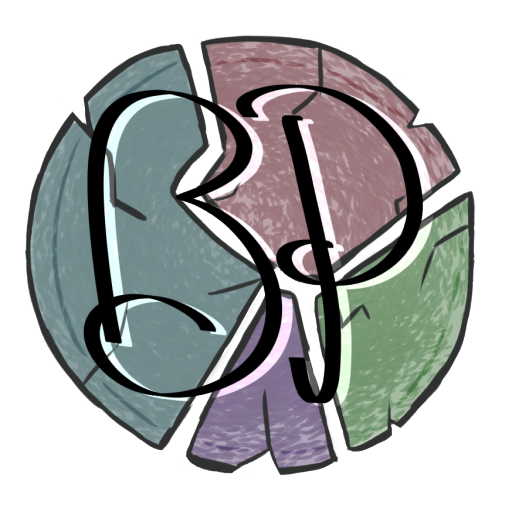Tauri Hagemann is an Assistant Poetry Editor for The Broken Plate 2021. She is a junior English major with a concentration in creative writing at Ball State University. She also has a Spanish minor and is a member of the Honors College. In this post, Tauri provides commentary on Judith Grissmer’s poem “A Simple Exchange,” which was previously published in our 2018 issue of The Broken Plate.
A Simple Exchange
Sometimes it is necessary to reteach a thing its loveliness…and retell it in words and in touch it is lovely, until it flowers again from within, of self-blessing… —Galway Kinnell, “Saint Francis and the Sow”
The eighteen-year-old cat was kicked to death
at my sister-in-law’s house that day,
by a nine-year-old boy who came to play
venting the pain of his difficult life on a cat
named for the sun. I could not shake
the story—could not shake my sorrow.
But the next morning, when I was meditating,
and felt the full presence of the soft tabby
who entered my arms, I knew this
was beyond story—and I was not afraid.
There was no consideration of time.
I simply held him.
He wasn’t asking for much,
just to enter into my sorrow.
And do you know,
I felt him begin to settle, saw him
start to remember the good
that had been his life—the love
of a sweet grandmother, the voices
of the small twin boys—the pleasure of purring in the sun.
He remembered his name, and when
he had that to take with him
he was gone—and he had taken
my sorrow.
When looking over older issues of The Broken Plate earlier in the fall, I was struck by just how much this poem seems to resonate with me still now in 2020. It has been a year of hardship, of pain, and of grief for nearly everyone, and it’s so easy to let oneself wallow in the sorrow—I myself am definitely guilty of this. And in a year where a global pandemic runs rampant, there sure is a lot to be sorrowful about.
Here’s why this poem struck me, though. It acknowledges the pain—her sister-in-law’s old cat was killed by a violent and aggressive child who likely didn’t realize the repercussions of what he was doing, but did it anyways, “venting the pain of his difficult life on a cat.” Yet it doesn’t wallow in the pain or the hardship. It recognizes it and gives it room to breathe, and then moves beyond it. The simple act of a cat crawling into the speaker’s lap while meditating is all that she needs to be able to consider the good in life and the better things that are out there, such as “the love / of a sweet grandmother.” When the cat leaves, our speaker no longer feels pain or anguish over the cat that has died—this cat that she held while meditating takes all of that sorrow with him when he goes.
I thought that this poem was very apt and symbolic of how we operate and what our mission is at The Broken Plate. As our name suggests, we do try to allow people an outlet for brokenness that they feel. But at the same time, we try to go beyond that in finding what can bring us back together, and how we can heal from the brokenness through our craft. We, as the staff and the authors who contribute to the publication, are the broken pieces of the plate. We’ve seen sorrow, we’ve seen pain, we’ve seen death, and we acknowledge that. But instead of letting that pain and sorrow leave us broken, we instead push that emotion and feeling into our writing and our art, and we use our shared experiences to help one another heal. Much in the way that this cat helps take with him the sorrow of our speaker by experiencing a moment with her, so does our publication take with it the sorrow and emotion that our authors put into their work.
For this reason, this piece seemed perfectly reflective to me of our mission statement and everything that our publication really stands for. Beyond just that, I think this is a lesson many of us can take with us as we near the end of 2020—there is sorrow, but rather than letting it define us, we acknowledge it and move beyond it to bigger and better things. We take the brokenness, and through it we’re able to unite with others who share in it and rebuild one another. And ultimately, I think that is what it really is to be human.

